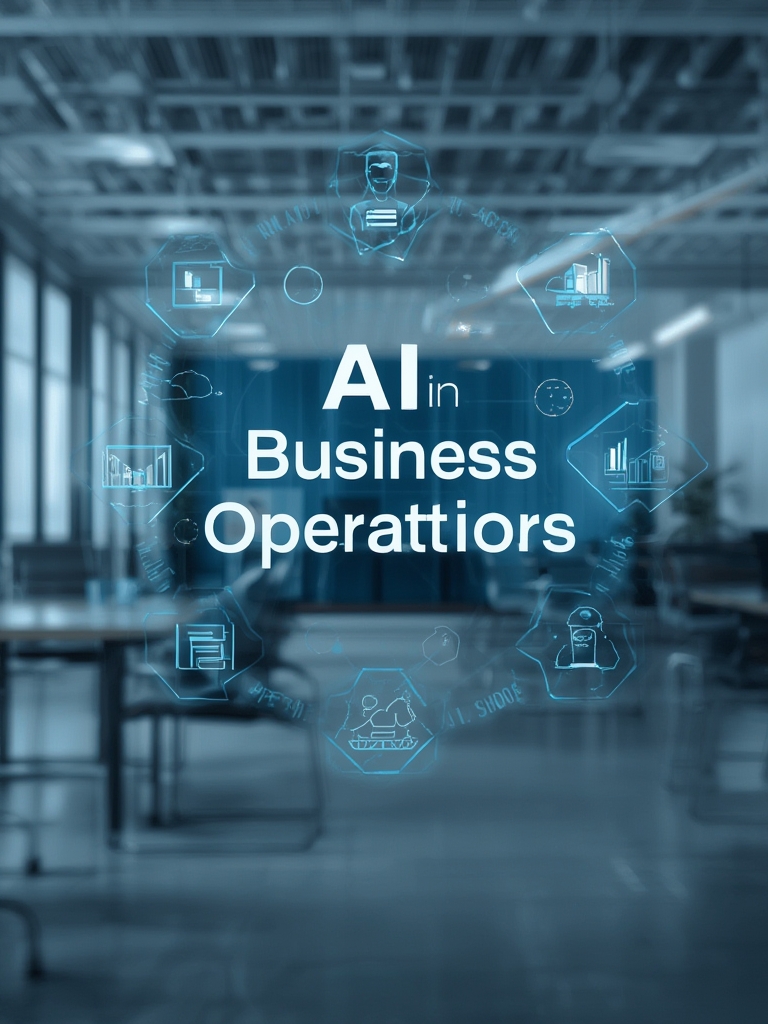From Hype to Impact: Mastering Data & Governance for Successful AI Adoption

From Hype to Reality: The Unsung Heroes of Successful AI Adoption
Artificial Intelligence (AI) has moved beyond being just a buzzword; it’s now a critical driver of innovation and competitive advantage across industries. Yet, for many organizations, the journey from AI pilot projects to widespread, impactful deployment remains fraught with challenges. The McKinsey State of AI in 2024 report succinctly captures this dilemma, highlighting that while AI promises much, most companies continue to grapple with fundamental issues: the quality of their data and the robustness of their governance frameworks.
But here’s the silver lining: the report also indicates that the organizations that address these foundational issues early are the ones truly harnessing AI’s transformative power. So, what does it really take to bridge the gap between AI aspiration and tangible business results?
The Data Dilemma: Why Quality is Non-Negotiable
Think of AI models as sophisticated chefs. No matter how brilliant the chef (your AI algorithm), if the ingredients (your data) are subpar, inconsistent, or incomplete, the final dish will disappoint. This is the essence of “garbage in, garbage out” – a truth amplified in the age of AI.
- Inaccuracy and Inconsistency: Typos, outdated records, conflicting entries across systems can mislead models, leading to flawed predictions or decisions.
- Incompleteness: Missing values can force models to guess or ignore crucial information, reducing their effectiveness and scope.
- Bias: If your training data reflects historical human biases, your AI system will learn and perpetuate those biases, leading to unfair or discriminatory outcomes.
- Lack of Relevance: Data that doesn’t directly support the AI’s objective can dilute its performance and waste computational resources.
Investing in data cleansing, enrichment, and validation isn’t a cost; it’s an investment in the very foundation of your AI capabilities. It ensures your AI models learn from the most accurate, relevant, and representative information available.
Beyond Data: The Imperative of Robust AI Governance
While data quality is about the ingredients, data governance is about the kitchen’s rules, processes, and oversight. It’s the framework that ensures data is managed responsibly, securely, and ethically throughout its lifecycle. Without strong governance, even pristine data can lead to problems.
Effective AI governance encompasses:
- Data Stewardship: Clearly defined roles and and responsibilities for data ownership, maintenance, and quality.
- Security and Privacy: Implementing measures to protect sensitive data, comply with regulations like GDPR or CCPA, and prevent unauthorized access or breaches.
- Ethical AI Guidelines: Establishing principles and practices to ensure AI systems are fair, transparent, accountable, and free from harmful bias. This includes considerations for explainability (XAI) and human oversight.
- Compliance: Adhering to industry-specific regulations and internal policies.
- Version Control and Documentation: Tracking changes in data and models, ensuring reproducibility and auditability.
Good governance isn’t a bureaucratic hurdle; it’s the bedrock for building trustworthy, scalable, and compliant AI systems that truly serve your business and its users.
Lessons from the Frontrunners: What Successful Companies Do
The McKinsey report underscores that success stories aren’t accidental. They stem from proactive strategies:
- Prioritize Data Foundation Early: They recognize that data is the fuel for AI and invest heavily in data infrastructure, pipelines, and quality initiatives from day one.
- Establish Clear Ownership and Strategy: They have dedicated data teams, chief data officers, or strong cross-functional leadership driving their data strategy, aligning it with overall business objectives.
- Integrate Governance from Inception: Responsible AI isn’t an afterthought. They embed ethical, security, and compliance considerations into the design and deployment phases of their AI projects.
- Foster a Data-Literate Culture: They empower their employees with the skills and understanding to work with data and AI, promoting collaboration between technical and business teams.
- Start Small, Think Big: They often begin with targeted AI projects that deliver clear business value, using these successes to build momentum, refine processes, and learn lessons before scaling.
Bridging the Gap: Your Path to AI Success
The promise of AI is immense, but its realization hinges on a pragmatic approach to its fundamental building blocks. Overcoming challenges in data quality and governance isn’t just about avoiding pitfalls; it’s about unlocking the true, sustainable value of AI.
By focusing on these core areas, organizations can move past the hype and build robust, responsible, and revenue-generating AI systems that drive real innovation and competitive edge. Don’t let your AI journey be stalled by preventable data and governance gaps – lay the right foundation, and watch your AI initiatives flourish.



























































































































